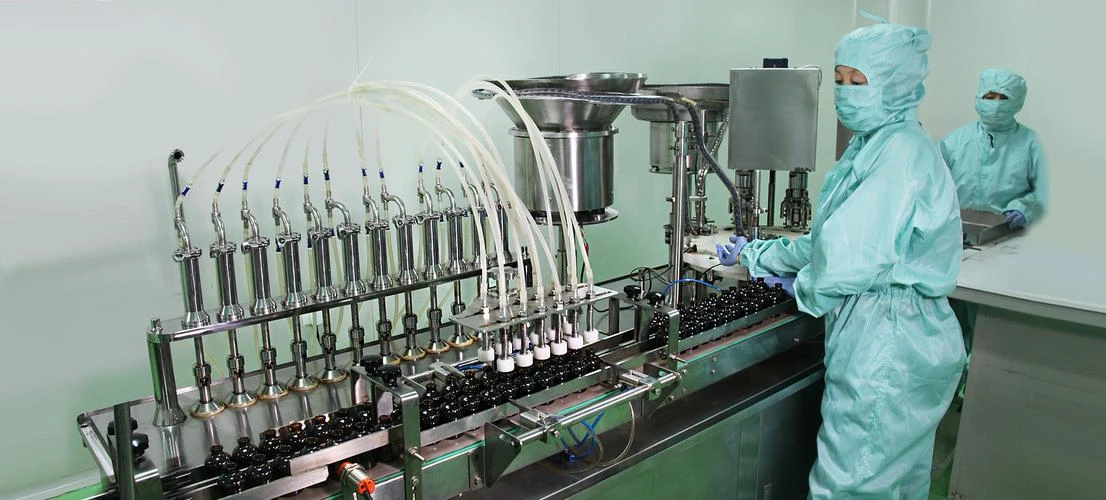- Afrikaans
- Albanian
- Amharic
- Arabic
- Armenian
- Azerbaijani
- Basque
- Belarusian
- Bengali
- Bosnian
- Bulgarian
- Catalan
- Cebuano
- Corsican
- Croatian
- Czech
- Danish
- Dutch
- English
- Esperanto
- Estonian
- Finnish
- French
- Frisian
- Galician
- Georgian
- German
- Greek
- Gujarati
- Haitian Creole
- hausa
- hawaiian
- Hebrew
- Hindi
- Miao
- Hungarian
- Icelandic
- igbo
- Indonesian
- irish
- Italian
- Japanese
- Javanese
- Kannada
- kazakh
- Khmer
- Rwandese
- Korean
- Kurdish
- Kyrgyz
- Lao
- Latin
- Latvian
- Lithuanian
- Luxembourgish
- Macedonian
- Malgashi
- Malay
- Malayalam
- Maltese
- Maori
- Marathi
- Mongolian
- Myanmar
- Nepali
- Norwegian
- Norwegian
- Occitan
- Pashto
- Persian
- Polish
- Portuguese
- Punjabi
- Romanian
- Russian
- Samoan
- Scottish Gaelic
- Serbian
- Sesotho
- Shona
- Sindhi
- Sinhala
- Slovak
- Slovenian
- Somali
- Spanish
- Sundanese
- Swahili
- Swedish
- Tagalog
- Tajik
- Tamil
- Tatar
- Telugu
- Thai
- Turkish
- Turkmen
- Ukrainian
- Urdu
- Uighur
- Uzbek
- Vietnamese
- Welsh
- Bantu
- Yiddish
- Yoruba
- Zulu
Rhag . 24, 2024 10:16 Back to list
Can Injectable Ivermectin Be Administered Orally to Swine?
Can You Give Injectable Ivermectin Orally to Pigs?
Ivermectin is a broad-spectrum antiparasitic agent that has gained wide acceptance for the treatment of various parasitic infections in animals, including pigs. Typically administered via injection, ivermectin plays a crucial role in livestock management, particularly for controlling parasites such as roundworms, lice, and mange mites. However, a common question arises among farmers and veterinarians can injectable ivermectin be given orally to pigs?
To understand this question, it is essential to know the pharmacokinetics of ivermectin. The injectable form of ivermectin is designed for subcutaneous or intramuscular use, where it is absorbed directly into the bloodstream. This method allows for rapid and effective delivery of the medication, ensuring high bioavailability of the drug. When administered correctly, injectable ivermectin provides a concentrated action against parasites, achieving therapeutic levels in the body to combat infections effectively.
In contrast, oral administration involves administering a drug via the mouth, where it must pass through the digestive system before reaching systemic circulation. The bioavailability of a drug can greatly differ between injection and oral administration due to various factors, including absorption rates, interactions with food, and the gut environment. This difference raises concerns regarding the effectiveness of injectable ivermectin when given orally.
can you give injectable ivermectin orally to pigs

From a practical standpoint, some veterinarians may consider using injectable ivermectin orally in specific situations. However, this practice is not recommended. The injectable formulation may contain additives or stabilizers that are not suitable for oral administration, potentially leading to adverse effects or reduced efficacy. Moreover, the absorption of the drug may be significantly diminished when given orally, resulting in suboptimal therapeutic levels that could fail to eliminate the targeted parasites.
Furthermore, the dosage and formulation of ivermectin vary between species. The concentration of ivermectin suitable for pigs may differ from that intended for other animals. Consequently, using an injectable product intended for other uses might not provide the appropriate dosage, increasing the risk of under-treatment or toxicity.
It's also essential to note that the use of medication in livestock is subject to regulations and guidelines that ensure food safety and animal welfare. Mis administering medications, including using the wrong form or route, can lead to residues in meat and eggs, posing risks to consumer health. Farmers must adhere to withdrawal times, which specify how long after administration an animal must be held before being slaughtered for food, to ensure that any residual medications are not present in the meat.
In conclusion, while the idea of administering injectable ivermectin orally to pigs may seem convenient, it is fraught with complications that make it inadvisable. The injectable form is specifically designed for systemic absorption through injection, and altering this route can compromise the drug’s efficacy and safety. Farmers should always consult with a veterinarian regarding the appropriate administration route, proper formulations, and dosages for treating parasitic infections in pigs. By adhering to established veterinary guidelines, farmers can ensure the best health outcomes for their livestock while maintaining food safety standards for consumers.
-
Guide to Oxytetracycline Injection
NewsMar.27,2025
-
Guide to Colistin Sulphate
NewsMar.27,2025
-
Gentamicin Sulfate: Uses, Price, And Key Information
NewsMar.27,2025
-
Enrofloxacin Injection: Uses, Price, And Supplier Information
NewsMar.27,2025
-
Dexamethasone Sodium Phosphate Injection: Uses, Price, And Key Information
NewsMar.27,2025
-
Albendazole Tablet: Uses, Dosage, Cost, And Key Information
NewsMar.27,2025













